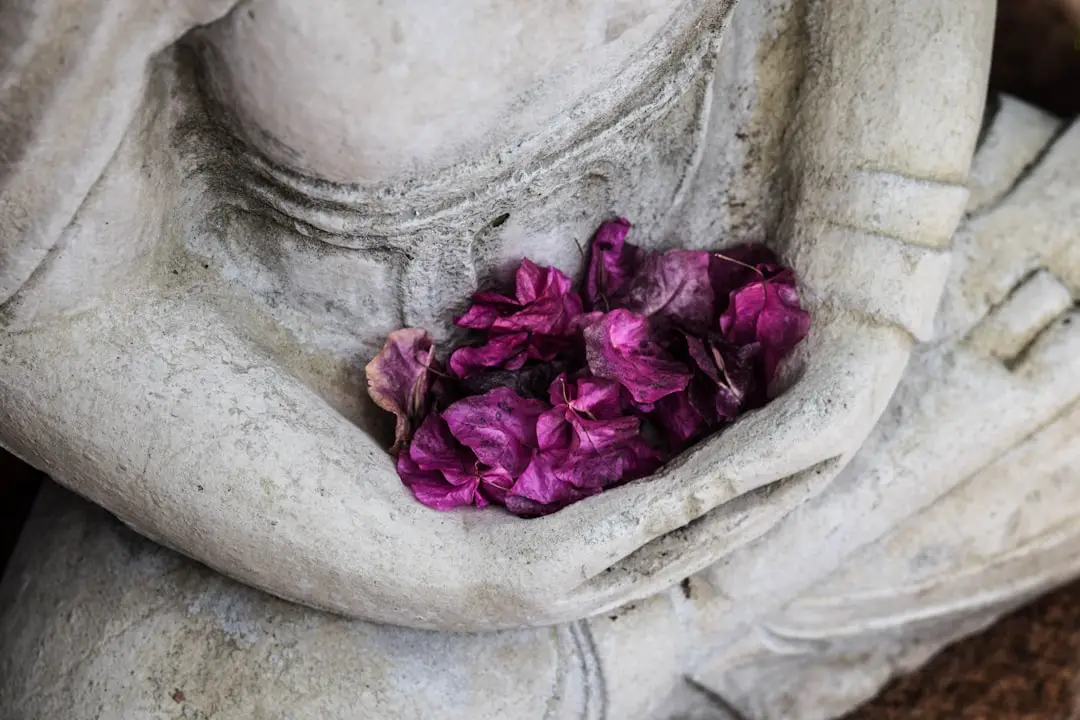Estimated Reading Time: 6 minutes
Estimated Reading Time: 5 minutes
WW all know the feeling: the knot in your stomach, the racing thoughts, the tight shoulders. Stress is a relentless companion in today’s world.
But what if, instead of battling it with quick fixes, we embraced sustainable ways to reduce stress?
I’m here to share some insights and practices that have truly made a difference in my life, moving beyond fleeting relief to build lasting resilience.
For years, I chased the quick wins: a frantic yoga class, a sugary treat, another late night of work.
They offered a brief respite, but the stress always crept back.
It wasn’t until I started looking at the bigger picture, focusing on long-term habits, that I began to experience a true shift.
This is where I truly found a turning point. I started small, just five minutes of guided meditation each morning.
Honestly, at first, it felt like a complete waste of time. My mind was a whirlwind of to-do lists and worries.
But I persisted, and gradually, something changed. I began to notice the thoughts without getting swept away by them.
It’s like learning to observe the weather without letting it dictate your day.
Mindfulness, in its simplest form, is about paying attention to the present moment without judgment.
It’s about noticing the sensation of your breath, the feeling of your feet on the ground, the sounds around you.
There are countless apps and resources available, but even a few moments of mindful breathing throughout the day can make a profound difference.
Have you ever tried a guided meditation specifically designed to combat stress, and what was your experience?
These practices provide immediate relief and train your brain to become less reactive to stressful situations.
I’ve found that after a few weeks of consistent practice, I’m able to recognize the early warning signs of stress and prevent it from escalating.
It’s easy to overlook the basics when we’re stressed. But your diet and sleep are the foundational pillars of stress management.
What we eat and how we sleep profoundly impact our ability to cope with pressure.
Think of your body as a car; you can’t expect it to run smoothly if you’re putting in low-grade fuel and neglecting maintenance.
Eating a balanced diet rich in whole foods provides the nutrients your body needs to function optimally, including B vitamins (essential for nervous system health), magnesium (which helps regulate stress hormones), and omega-3 fatty acids (known for their mood-boosting effects).
I made a conscious effort to incorporate more fruits, vegetables, and healthy fats into my diet.
Initially, I found it difficult to change my habits, but the results were noticeable.
Exercise isn’t just about physical fitness; it’s a potent stress reliever.
When you move your body, you release endorphins, which have mood-boosting and pain-reducing effects.
I started with gentle walks, and gradually incorporated yoga and strength training.
Find an activity you genuinely enjoy, whether it’s dancing, swimming, or hiking. The key is consistency.
Even a 20-minute walk in nature can significantly lower cortisol levels (the primary stress hormone).
Consider incorporating activities like yoga, tai chi, or simply taking the stairs instead of the elevator.
Remember, the goal isn’t about achieving an Olympic standard of fitness, but about finding a sustainable way to move your body and release tension.
We’re social creatures, and strong relationships are vital for our well-being. Isolation can exacerbate stress.
Nurturing your relationships with friends, family, or community groups provides a buffer against life’s challenges.
Sharing your feelings, getting support, and knowing you’re not alone is incredibly powerful.
I’ve found that simply connecting with a friend for a coffee, or volunteering for a cause I care about, helps me to shift my perspective.
Make a conscious effort to connect with people who uplift you and provide a sense of belonging. Think about the people in your life who support you.
Do you know someone who always makes you laugh? Call them up!
One of the biggest lessons I’ve learned is the importance of setting boundaries.
Saying “no” to commitments that drain your energy or overextend you is a crucial step. It’s not selfish; it’s self-preservation.
Learn to identify your limits and communicate them clearly.
For a long time, I struggled with this. I felt obligated to say “yes” to everything, which left me exhausted and resentful.
Learning to prioritize my own needs and protect my time was a game-changer. It might be difficult at first, but you quickly learn to appreciate it.
It frees up energy for the things that truly matter.
The journey to sustainable ways to reduce stress is not a one-size-fits-all solution.
What works for one person may not work for another.
The most important thing is to find practices that resonate with you, integrate them into your daily life, and be patient with yourself.
It’s a process, not a destination.
Remember, small changes can lead to big results.
By incorporating mindfulness, nourishing your body, moving your body, connecting with others, and setting boundaries, you can build a more resilient and peaceful life.
I hope this post has given you some actionable ideas for managing stress. How have you tackled stress, and what has worked for you?
I’d love to hear your experiences in the comments below!
Ready to take the next step towards a less stressful life? Join our newsletter for weekly health tips!
Frequently Asked Questions
How can I integrate mindfulness into my busy daily routine?
Start small! Even a few minutes of mindful breathing or a quick body scan can make a difference. Try setting reminders on your phone, or integrating mindfulness into activities you already do, like washing dishes or waiting for your coffee to brew. Focus on the present moment and notice the sensations around you.
What are some simple dietary changes I can make to reduce stress?
Focus on whole, unprocessed foods. Incorporate plenty of fruits, vegetables, lean protein, and whole grains into your diet. Limit your intake of processed foods, sugary drinks, and excessive caffeine, as these can contribute to stress and anxiety. Staying hydrated is also crucial, so make sure to drink plenty of water throughout the day.
How can I find a type of exercise that I enjoy and will stick with?
Experiment! Try different activities until you find something you genuinely enjoy. It might be dancing, swimming, hiking, yoga, or even simply taking a walk in nature. The key is to find something you look forward to doing, making it more likely that you’ll stick with it long-term. Remember, consistency is more important than intensity.



